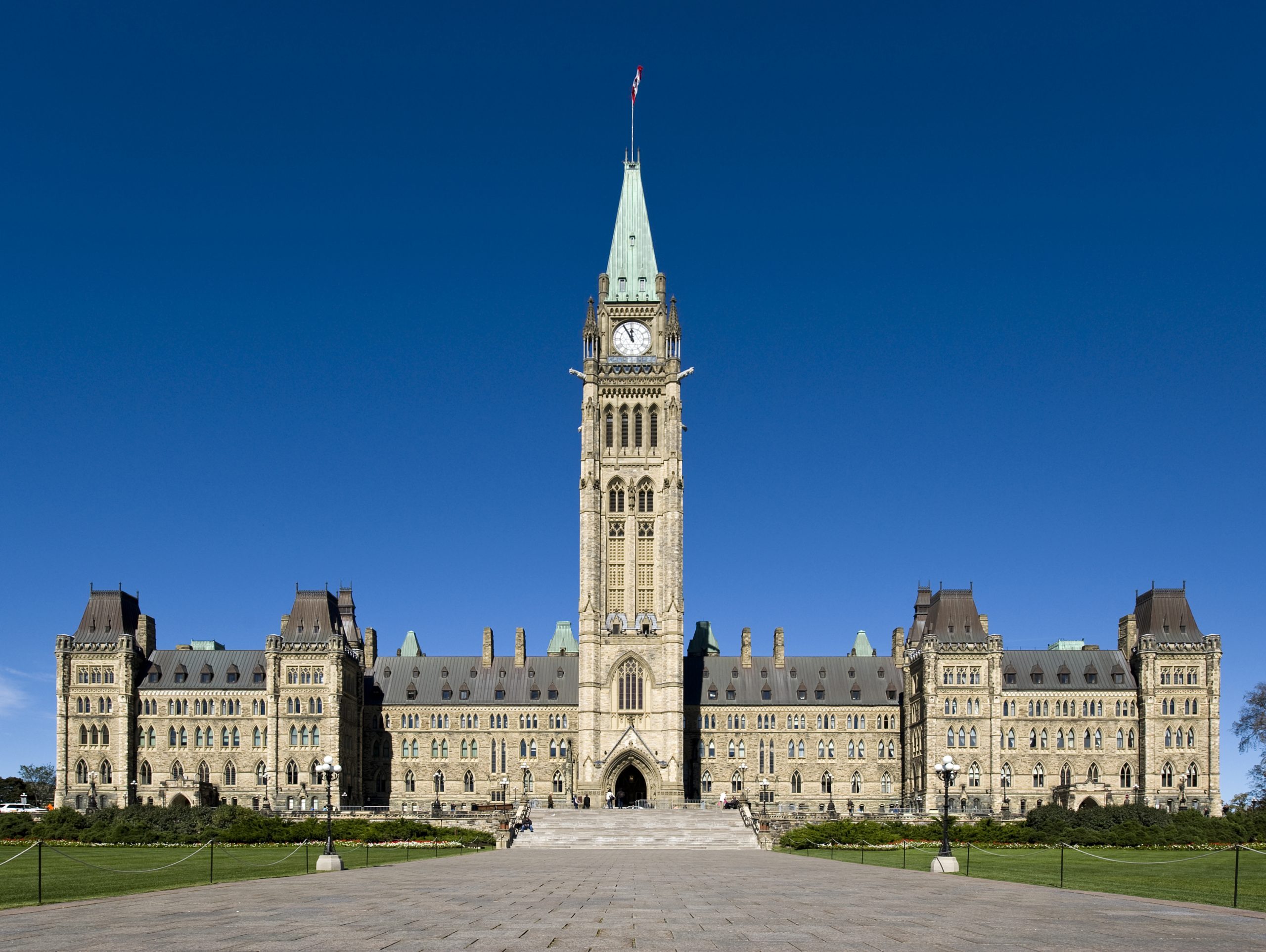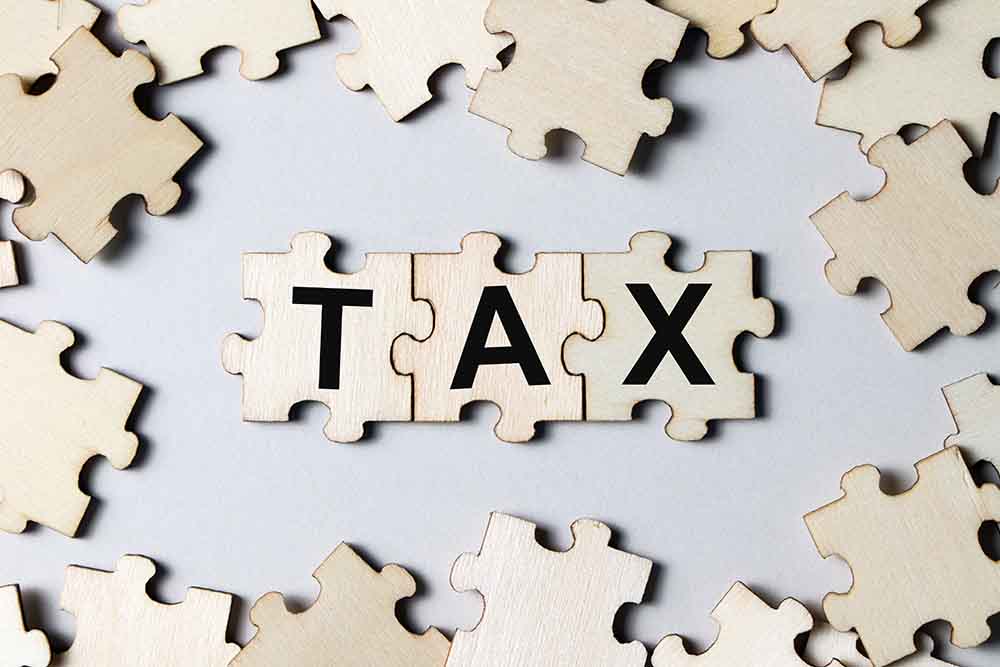Much has been made in recent days over the City of Winnipeg’s suggestion that it would end an 11 year freeze on property taxes. In order to get some sensible bearings in this debate, it is worthwhile making a comparison to other similar cities’ tax rates.
Data in this analysis is drawn from the Frontier Centre’s Local Government Performance Index, an annual analysis of 79 Canadian municipalities’ finances. This data is expressed on a per house hold basis, that is, aggregate figures from the cities’ financial statements are taken and divided by the number of households reported by Statistics Canada as being under the city’s jurisdiction.
The results for Winnipeg show that Winnipeg is indeed a city with the second lowest taxes, with only Saskatoon being lower. However Saskatoon also has the highest use fees per household, whereas Winnipeg’s user fees are second to lowest in this measurement too. Along with the lowest other (Federal and Provincial) government grant receipts, Winnipeg collects the lowest total revenue of the five major Prairie cities.
While this conclusion shows Winnipeg with starkly lower property taxes than comparable other cities on the Prairies, it is not an automatic conclusion that Winnipeg should look to raise its property taxes. The Saskatoon model, for example, shows that it is possible to raise additional revenue through user fees. The city may wish to consider that some of the services that it provides fit the criteria for having their costs recovered via user fees. That is, the transaction costs are small compared to the revenue collected and, in particular, it is possible to identify how much of the good or service a particular user consumes. User fees have the advantage that the dissuade people overusing resources at the expense of others.
The city could also examine the possibility of asking for additional other government grants, given that its grants from the federal and provincial government are small in comparison to those received by cities in Saskatchewan and in particular, Alberta. However other government grants, while they give local politicians the desirable ability to spend without taxing themselves, have the effect of placing funding decisions in the hands of Provincial and Federal elected officials, who are less responsive to the people of Winnipeg than is the Council who only serve Winnipeg constituents.
Altogether, the gap between Winnipeg’s revenues and those of other comparable cities can be seen as either headroom for increasing taxes, user fees, and other government grants, or it can be seen as a competitive advantage for Winnipeg that should be fiercely maintained in the face of pressure for tax increases.
Data Source: Frontier Centre for Public Policy 2008 Local Government Performance Index
Read in PDF format here.



